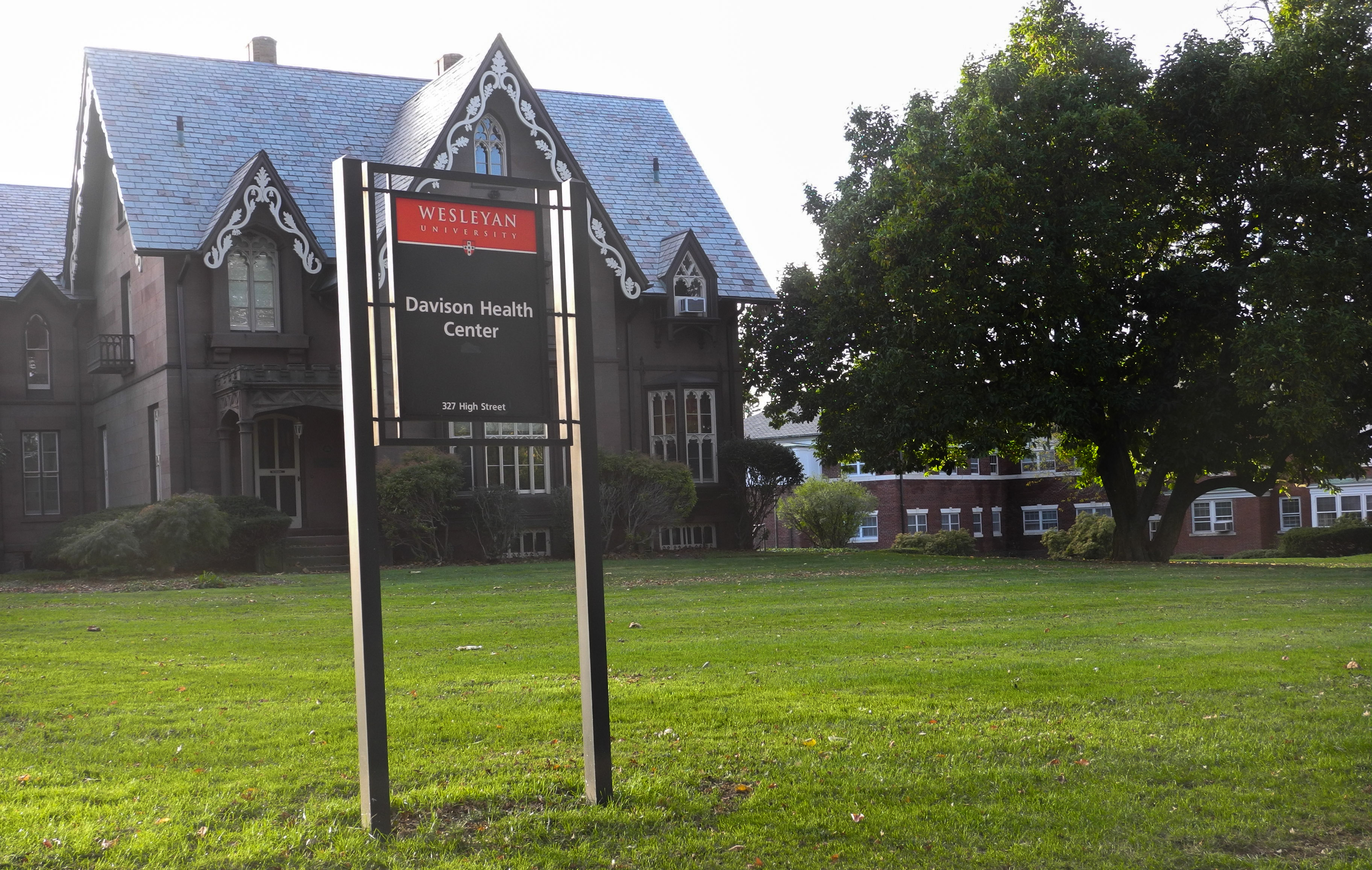
The Sexual Assault Response Team (SART) and WesWell are now partnering with the Women and Families Center to train students as volunteers for the Center. The partnership aims to support Middletown’s local Rape Crisis Center and to help foster community ties between Middletown and the University.
“The WFC is looking to increase its capacity for responders,” SART Intern Rachele Merliss ’19 and WesWell Bystander Intervention Intern Tina Glusac ’18 wrote in a campus-wide email. “Students will volunteer for night and weekend shifts to increase the center’s capacity and accessibility. Student volunteers will be expected to volunteer for a shift twice a month, but can participate in more shifts if they desire!”
The partnership began with the Women and Families Center, as they need more volunteers to manage the 24-hour crisis hotline for people that have experienced sexual violence or intimate partner violence.
“They really need people who can be ready 24/7, but unfortunately, it’s just too much to ask their staff members to do,” Merliss noted. “So, they reached out to us to see if we would have people who would be interested in volunteering and luckily, we have a great group of who are interested in getting trained.”
Student volunteers will participate in a 40-hour training program that will give them the skills to respond to sexual assault crises over the phone and at local hospitals. The training will begin in late November. Students will also arrive back on campus three days before the end of winter break to complete the program.
“The staff at the Women and Families Center have a volunteer program that we are just being added to,” Glusac said. “They have a really, really large curriculum where they not only talk about the social issues and historical issues surrounding women and family centers in general, and also how it’s specific to Middletown and our specific WSC. It also talks about concrete skills in how to support survivors and engage with this population in a safe and supportive way. It’s a really broad range of topics.”
Glusac also commented on the benefits for the University, and how this training will be advantageous for the local and campus communities in general.
“It’ll just be a great thing for our community in general, that after this training people will be certified to be sexual assault and crisis counselors and those are just such important skills for people on our campus to have,” Glusac said. “To know you can also use that when a friend needs support, that people can come to you to say ‘what are the resources?’ You’ll have that information.”
However, to Glusac and Merliss, this partnership means more than just training students to respond to sexual assault crises: it’s about seeing a need in the community, and being there to support that need.
“The Women and Families Center actually does great work for Wesleyan,” Merliss said. “Their campus advocate is on campus every Friday to talk to students about incidents of sexual violence and intimate partner violence. So, it feels really good that we can try to make it a partnership with them, instead of just them providing these great services for us, but that we can also do something for them. It’s just really great.”
Kaye Dyja can be reached at kdyja@wesleyan.edu


Leave a Reply